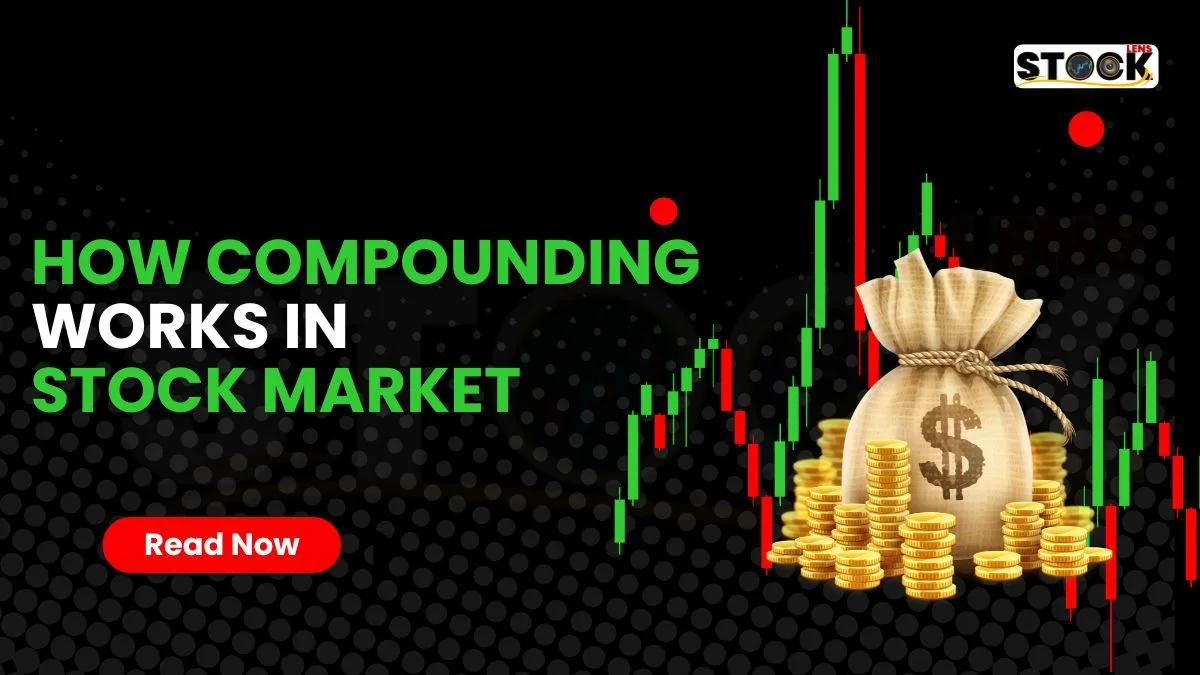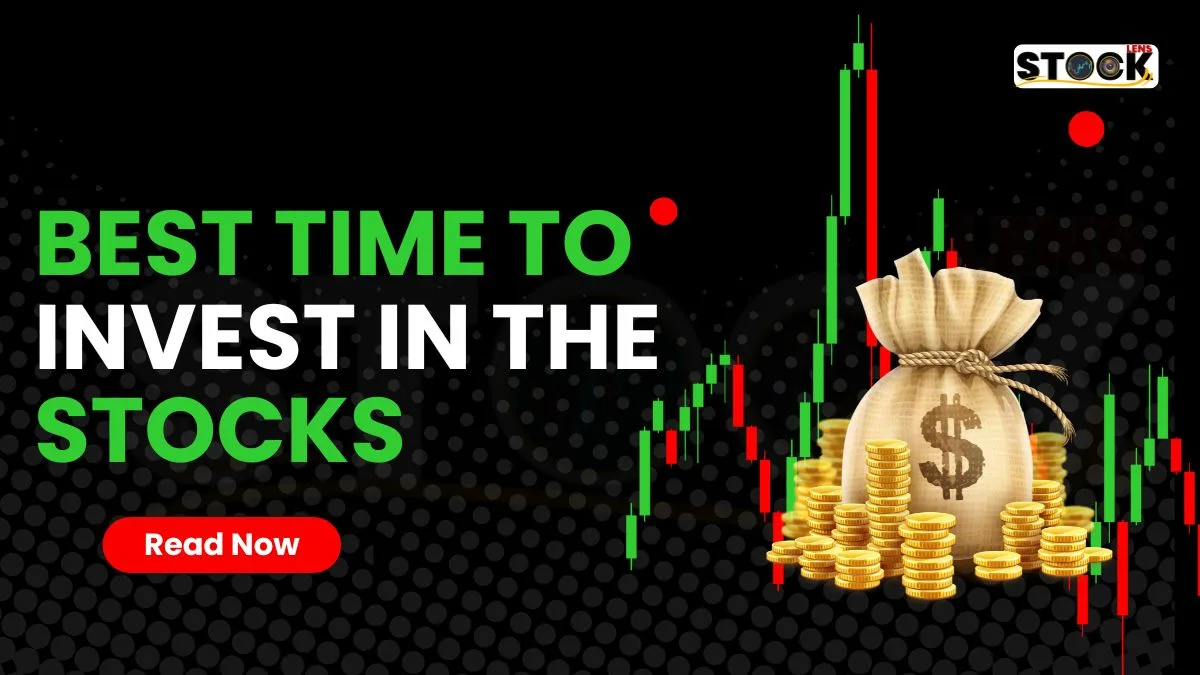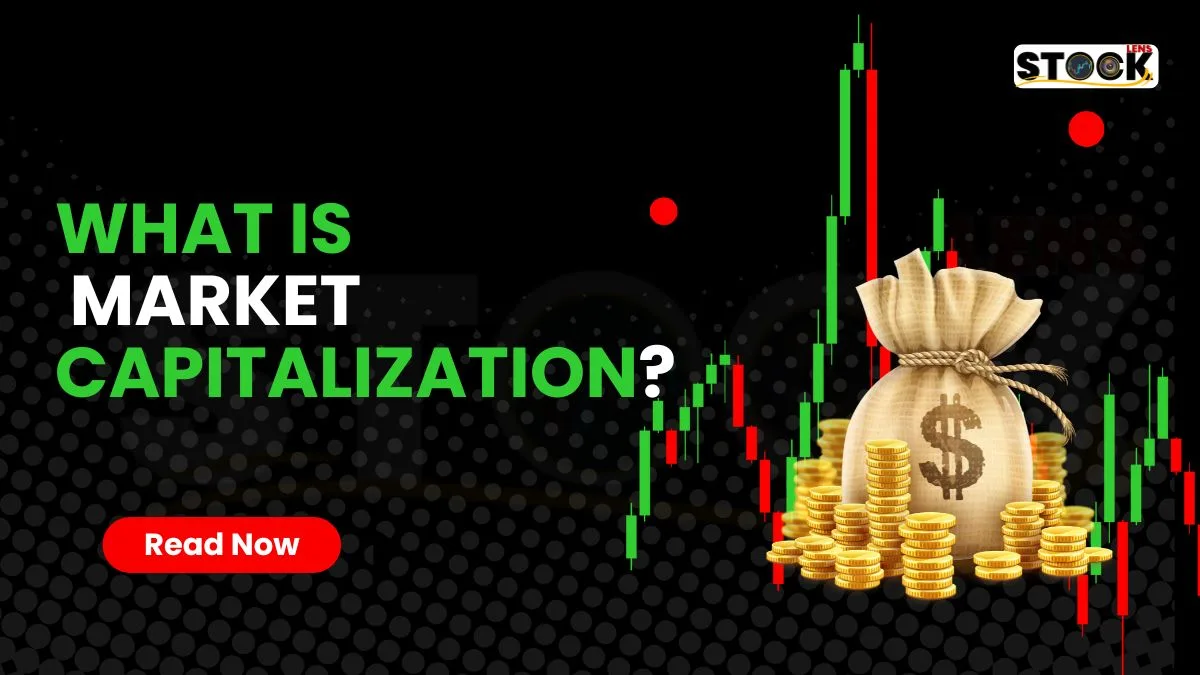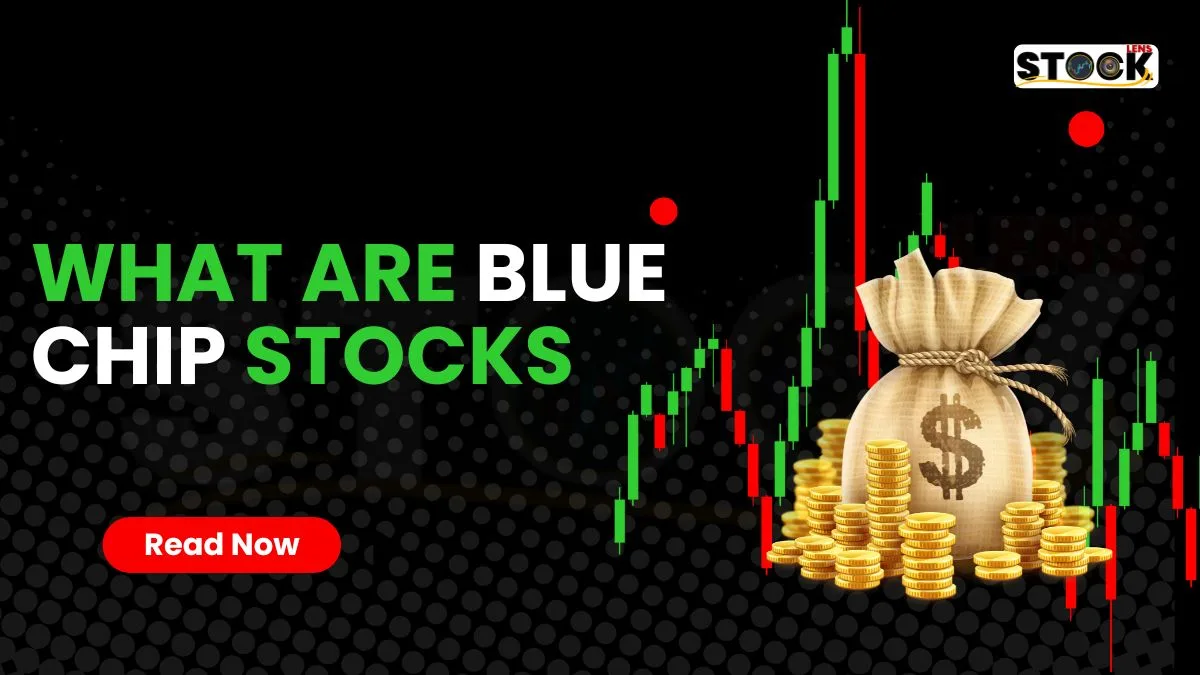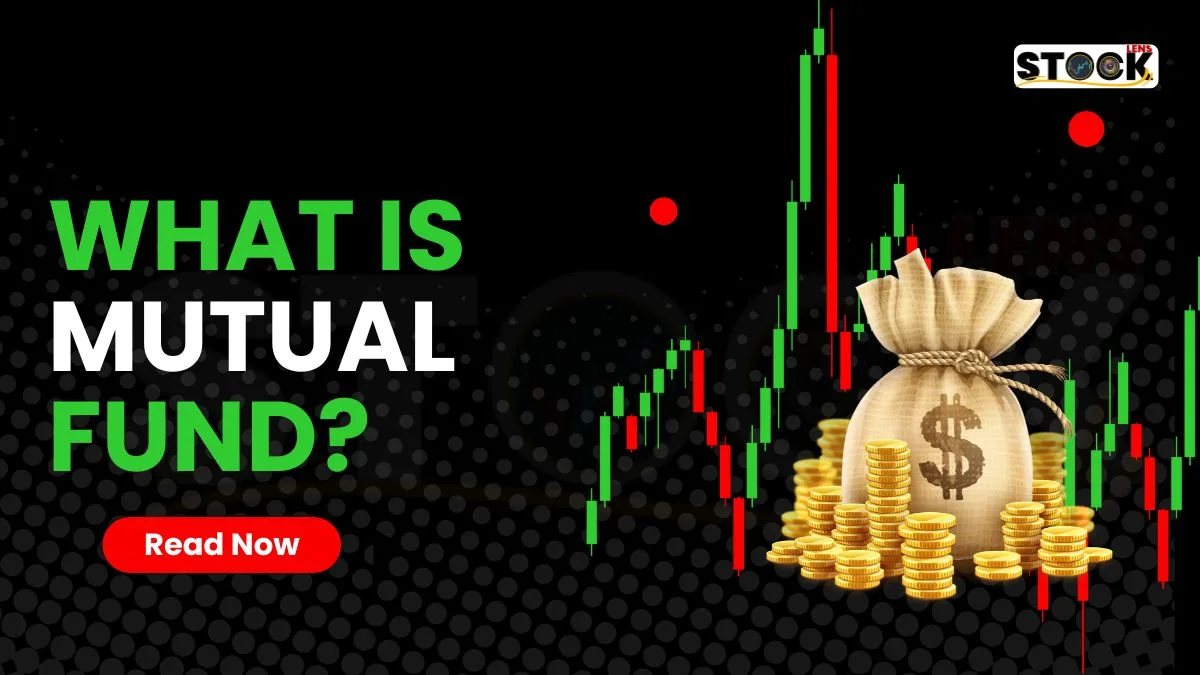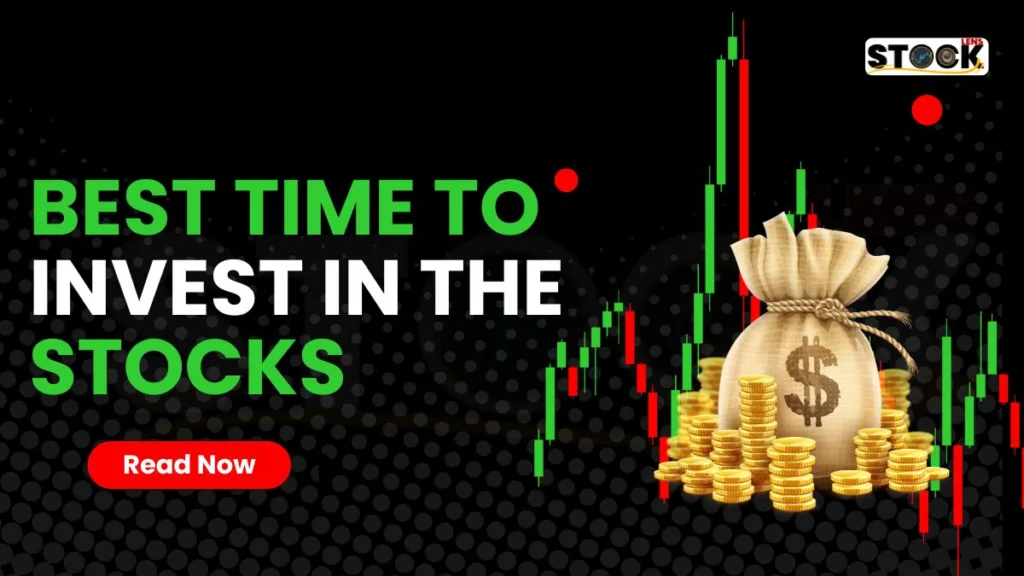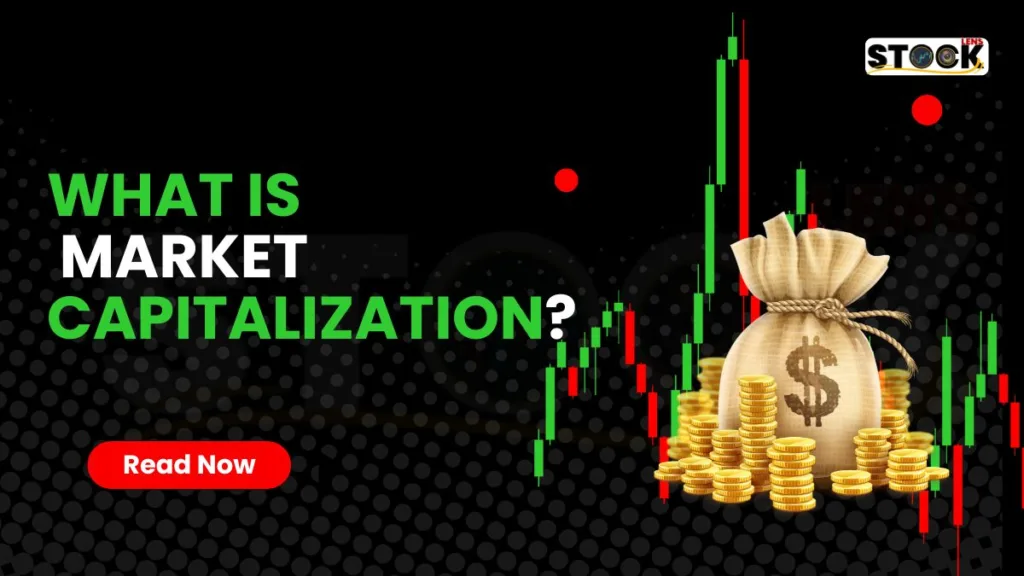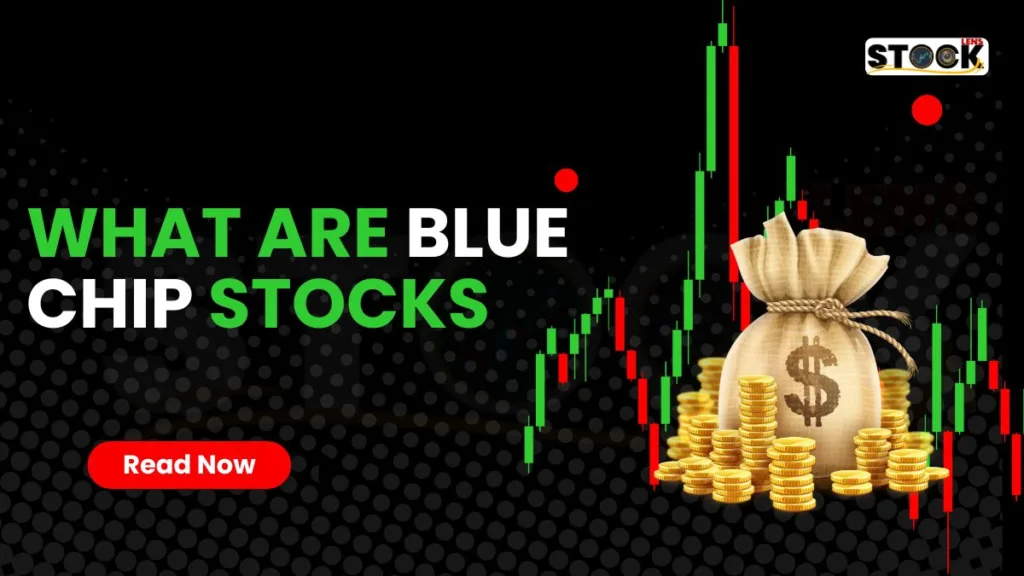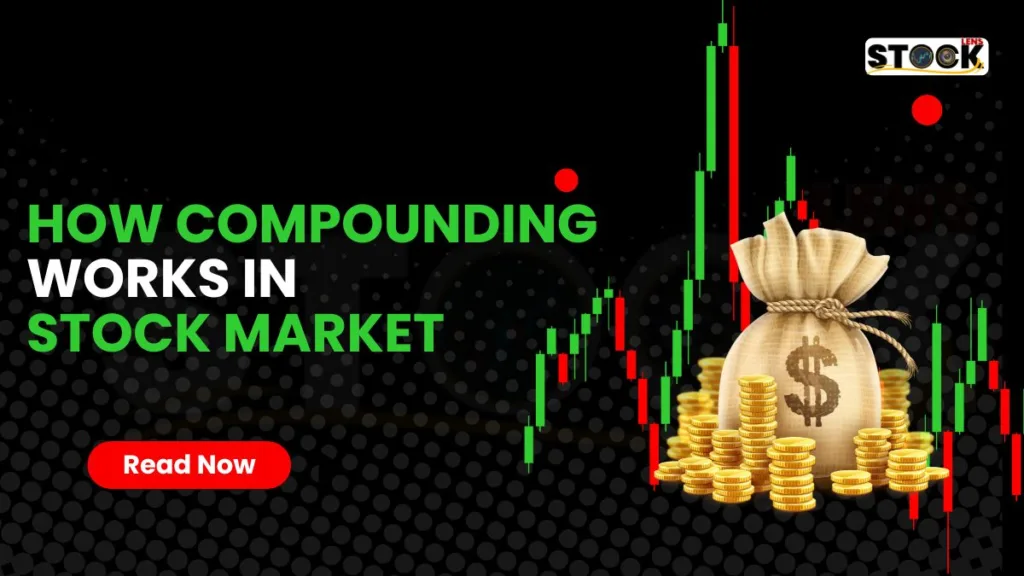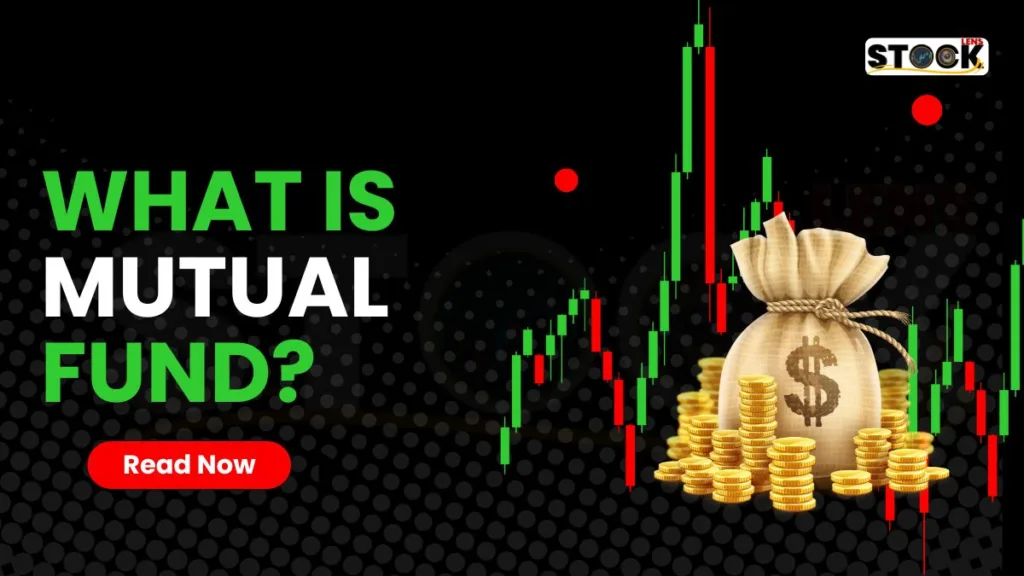Compounding In Stock Market: If you are thinking about saving for your Children’s Education or your Retirement. Then you are at right place. Money compounding is the simple way to grow your money. Lets see how your money will grow through compounding
What Is Compounding
Compounding is earning returns on your returns. Think of a snowball. As it rolls, it picks up more snow. Over time, it grows bigger and faster. In stocks, your money grows the same way. Profits are reinvested to generate even more profits. Time makes this effect powerful.
Compound interest : Your principle amount +Interest Th
Example
- Invest $1,000 in a stock.
- Year 1: 10% gain = $100 = Total: $1,100.
- Year 2: 10% gain = $110 = Total: $1,210.
Small Per Annum gains add up over decades.
Benefits of Compounding
Accelerated Wealth Growth
Compounding grow your money exponentially over time, due to compounding substantial wealth accumulation is seen.
Passive Income
Once your money starts Creating returns on investment, it can provide a passive income stream, and we doesn’t need for active involvement in such a investment.
Hedge Against Inflation
Over the time, Compound returns can beat inflation, keeping and may be even boosting your buying power.
Financial Independence
By using the power of compounding, you can work towards achieving financial independence.
Approaches to enhance Compounding
Following are the compounding strategies
Start Early to invest
start investing as earlier as possible it helps to grow more time your money has to grow. Your small investment amount make a big returns.
Invest Consistently
Consistent investments, through monthly SIPs (Systematic Investment Plans), can helps to Money Compounding.
Reinvest your Earnings
Avoid withdrawing interest or dividends, remove this mindset reinvest all your earnings to grow your investment.
Choose Investments with Frequent Compounding
Investments that compound interest more frequently can make higher returns.
Be Patient
Patience is the result of Compounding. Avoid the fascination to withdraw your investments prematurely. Because it result will shock you.
The cornerstone/leading factor of Compounding
Two factors matter
Reinvestment : Put dividends or gains back into the stock/portfolio.
Time : The longer you stay invested, the bigger the growth.
Time Game towards Win :
- $5,000 at 8% annual return becomes $23305 in 20 years.
- Same investment hits $50,313 in 30 years.
The extra decade nearly triples your money
If You Invest $10000 for 20 Years following graph show you power of compounding.

The Math: Rule of 72
A shortcut to estimate doubling time:
Formula: 72 ÷ Annual Return Rate = Years to double your money.
Examples :
- 8 % return: 72 ÷ 6 = 9 years.
- 9% return: 72 ÷ 9 = 8 years.
Higher returns grow compounding.
Compounding in Stocks vs. Banks
Stocks: Grow With the price + reinvested dividends. Volatile but high potential.
Banks : Interest rates are fixed (4-6%) In banks. Growth of your money is slower but stable in bank accounts.
Real-World Stock Examples
Dividend Stocks
- The Coca-Cola company pay dividend to hareholders regularly.
- Dividends are used for Reinvest to buy more shares. Over 30 years, small pay-outs become a big money.
Growth Stocks
- Some shares are growing well for example. Amazon’s share price grew 12% yearly since decades.
- $1,000 invested then would be $2.1 million now. There is no dividends, but price growth compounds well.
Portfolio Compounding
Single stocks are risky. Instead:
- Index Funds : Spread risk across many stocks (e.g., S&P 500).
- Active Reinvestment: During reinvestment always Sell weak stocks, and buy strong stocks to keep the portfolio green and positive.
This is Warren Buffett’s strategy without betting on single company, to grow money by compounding.
Risks That harm Compounding
- Market Crashes : if you loss 40% loss then you needs a 80% gain to recover. Always Avoid panic selling.
- Fees : High expense ratios deducted from your returns. Choose low-fee funds (<1%).
- Inflation: If returns are below inflation, then your money loses value.
- How to use Compounding
- Start Early : Even small amounts becomes big over time. $100/month at 8% for 40 years = ~$3,60,000.
- Consistency : Always use buy in deep strategy by Keep investing when market goes down.
- Reinvest All Earnings : Never “cash out” your earnings. This mindset doesn’t grow your wealth.
- Common Mistakes to Avoid
- Chasing Hot Stocks : Chasing such a stocks causes high risk of losses. Maintain a diversified investment portfolio.
- Ignoring Taxes : Short-term capital gain tax rates are higher; holding stock for over one to two years offer significant tax advantages.
- Money compounding needs time and patience Start now.
- Diversify your investment to protect it against crashes.
- Reinvest everything of your earnings -dividends, gains, bonuses.
- Always void frequent trading ; let your winners grow
Conclusion:
Compounding is why Warren Buffett is rich. He started early, reinvested, and held for decades. You don’t need genius—just consistency and time.
